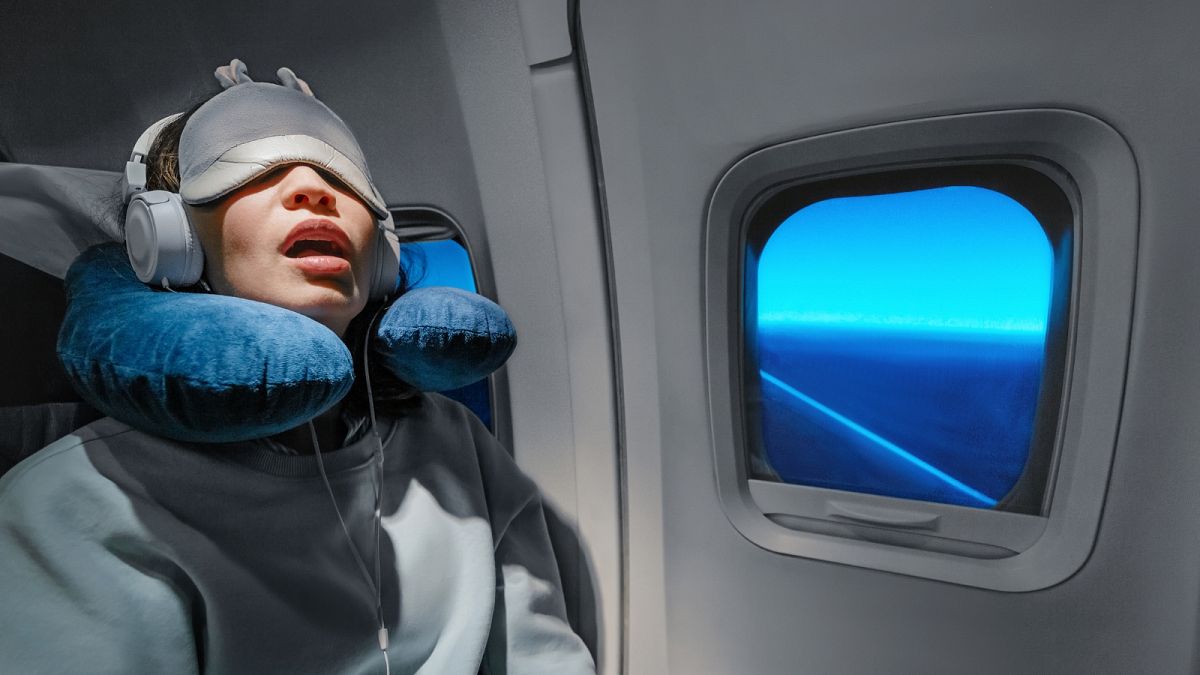Jet lag is a common issue that travelers face when flying across different time zones. It occurs when our internal body clock is disrupted due to the changes in daylight patterns. This can leave us feeling exhausted and impact our overall well-being. However, there are ways to help reset our circadian rhythms and minimize the effects of jet lag. By following some simple tips, travelers can better manage jet lag and enjoy their trips without feeling overly fatigued.
Experts recommend timing flights strategically to reduce the effects of jet lag. For example, flying during the day when traveling from Europe to North America can help passengers adjust more easily to the time difference. Additionally, choosing newer model planes with better cabin atmosphere, such as the Airbus A350 or Boeing 787 Dreamliner, can contribute to a more comfortable travel experience. Getting exposure to sunlight upon arrival is also crucial in resetting the internal body clock, whether it’s by seeking out morning sun or avoiding it depending on the traveler’s origin.
Taking supplements like melatonin, a hormone produced by the brain to signal night time, can also help in resetting the body clock. Some countries require a prescription for melatonin, but in places where it’s available over the counter, it can be a useful aid in managing jet lag. By combining melatonin with light exposure, travelers can achieve the desired adjustment in their circadian rhythms. Additionally, researchers suggest arriving a day or two ahead of important meetings or events to allow time for the body to acclimate to the new time zone and reduce the risk of making poor decisions due to jet lag.
Business travelers and tourists alike can benefit from incorporating strategies to combat the effects of jet lag. While business travelers may need to be more alert for critical meetings, tourists should also prioritize getting enough rest and avoiding risky activities until they have adjusted to the new time zone. Maximizing light exposure and consuming caffeine can also help offset the sleepiness and cognitive impairment associated with jet lag. Overall, being conscious of the impact of jet lag and implementing practical solutions can make a significant difference in how travelers experience and enjoy their trips.











